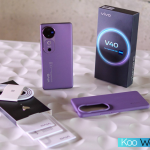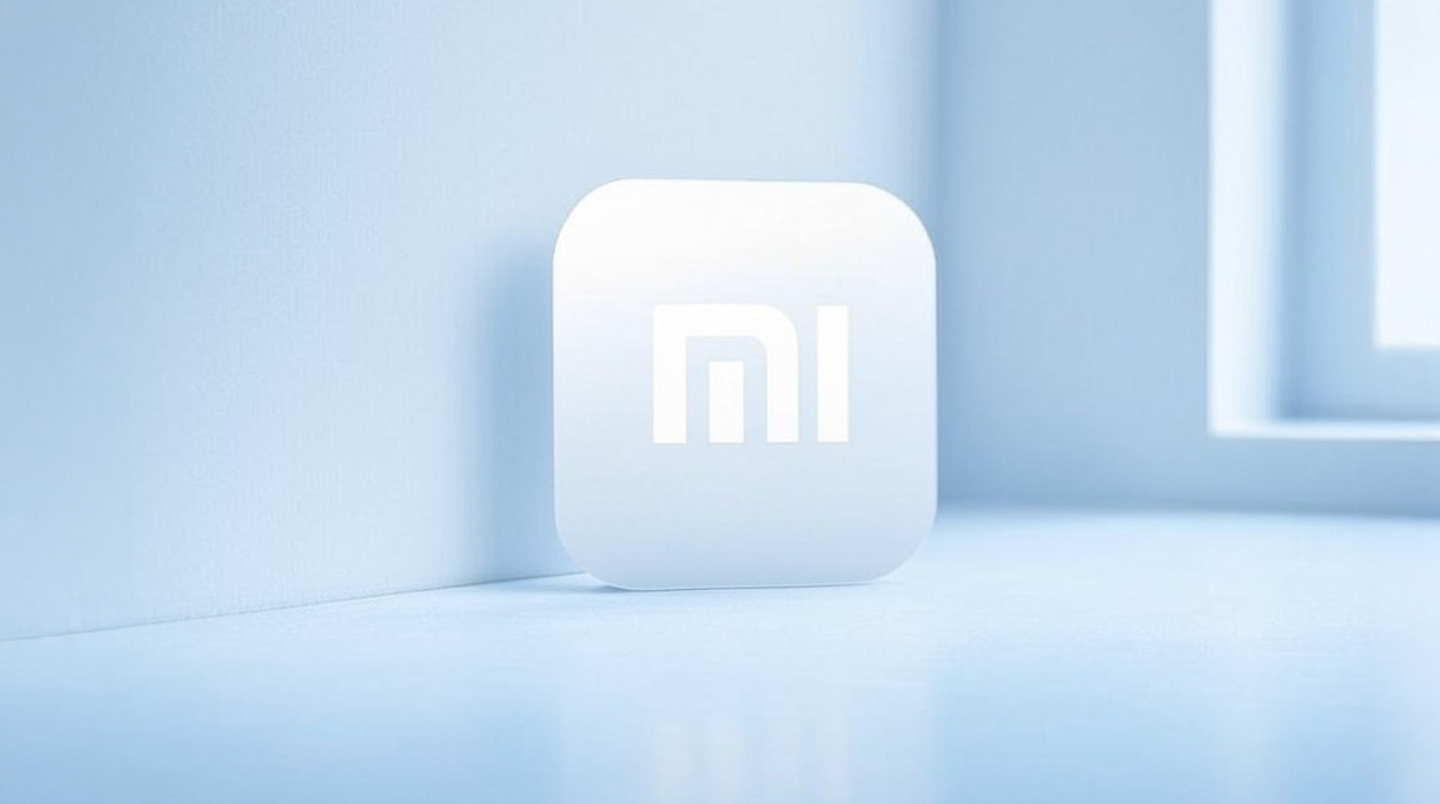On December 16, Xiaomi finally announced the official integration with Home Assistant (HA) for its Mijia ecosystem through its platform GitHub. For Xiaomi, it marked yet another important milestone in this smart home innovative journey that has gained immense attention among developers and smart home users alike since the project made its release; at this moment, the project pulls over 7,000 stars on GitHub.
A Platform for Enthusiasts and Innovators
Thus, Xiaomi positioned the HA Mijia official integration for more advanced smart home users and developers. Integration bears a high degree of “playability” but is featured by the steep technical learning curve and, thus, shall appeal particularly to advanced users who would not shun from investigating its innovative potential.
However, Xiaomi also encourages ordinary users to try out the platform, which they see as an opportunity for learning and growth. The technical difficulty might be challenging, but it is an opportunity for users to gain deeper knowledge about smart home systems.
Non-Commercial Use and License Compliance
Well, Xiaomi has actually been quite direct on the non-commercial nature of the integration. It officially stated that users can copy, use, modify, and distribute the integration inasmuch as it falls within non-commercial purposes. Activities outside of this scope are prohibited, which means, by way of example only, that applications, Web services, or other software created for commercial use shall not be allowed.
Intellectual property rights, by Xiaomi: Under authority to revoke authorization in the case of a violation of the license terms by the users, this keeps the platform one where the innovation collaborative works take place between members under one contributory community project.
Ongoing Optimization and Upgrades
The company has also pledged to continuously optimize and upgrade the integration of Home Assistant. Xiaomi’s official account further underlined that the goal is to provide users with a more convenient and intelligent home experience, which fully coincides with the company’s vision of making smart living available to more people.
Integration now fills in the gap between Xiaomi’s Mijia ecosystem and the open-source Home Assistant platform, allowing users to control Xiaomi smart devices within already existing Home Assistant installations.
Advantages to the Smart Home Ecosystem
With this official integration, users will open up new possibilities in smart home automation to:
- Integrate Mijia devices in Home Assistant for control. Create custom automations and workflows using Xiaomi’s immense ecosystem of smart devices.
- Try out advanced configurations and unleash the innovator in IoT.
Community Engagement
Publishing this integration on GitHub is a strong testimonial to Xiaomi’s resolve for nurturing an open-source community. It enables users to contribute and provide feedback, thus ensuring a collaborative environment that fast-tracks innovative smart home solution development. Meanwhile, more than 7,000-star popularity of the project in GitHub is already a good indicator of interest from the developer community and a promising future of integration.
The official Home Assistant Mijia integration marks a milestone for the smart home ecosystem by Xiaomi, a powerful tool that opens extensive possibilities in IoT for more advanced users. Although the platform is meant for experienced players, the inclusiveness of Xiaomi encourages each user to tinker with it and to make it a stepping stone toward learning and innovation. This integration with Home Assistant by Xiaomi will continue to be developed and focused on community contribution, further extending this with a truly global user base. For more information or to take a look at the project, check out the official GitHub repository: Home Assistant Mijia Integration.


HyperOS Downloader
Easily check if your phone is eligible for HyperOS 2.0 update!





